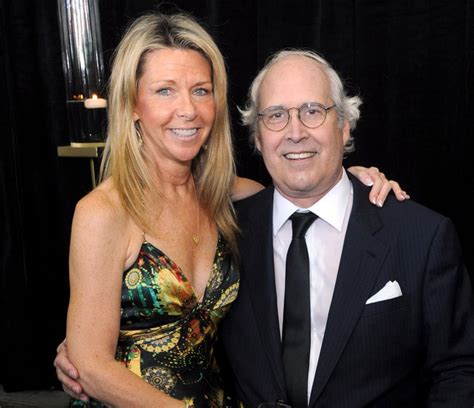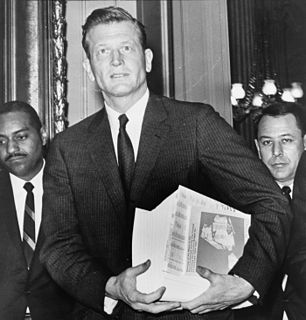A Quote by Ed Davey
We need to invest in home-grown clean energy that will bring cheaper prices in the long run, shielding consumers from volatile international fossil fuel markets.
Related Quotes
Renewable energy fits well into the conservative mindset by allowing competition into the energy markets so that consumers have choice. The system as it is, with big utilities monopolizing the energy playing field or fossil fuel energy being given massive subsidies so that they are on a kind of corporate welfare, is the antithesis of conservative principles.
Science tells us we need to keep the majority of fossil fuels in the ground, and that we must urgently invest in renewable energy, and other alternative industries. Doing so would create millions of jobs, ensure a fair transition for fossil fuel workers into new industries, and avert the most catastrophic climate breakdown.
A revolution in humanity's use of fossil fuel-based energy would be necessary sooner or later to sustain and to extend modern standards of living. It will be required sooner if we are to hold the risks of climate change to acceptable levels. The costs that we bear in making an early adjustment will bring forward, and reduce for future times, the costs of the inevitable eventual adjustment away from fossil fuels.

































